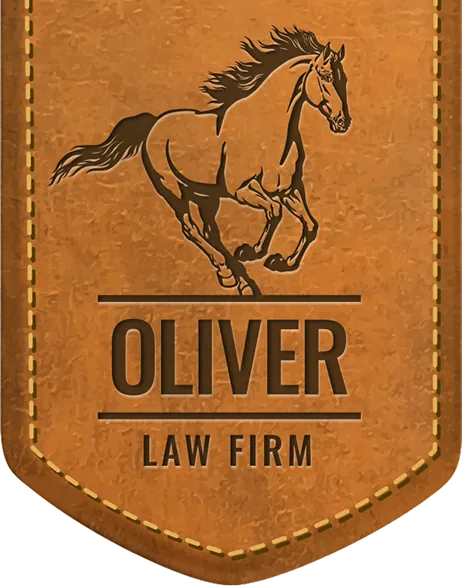This is part two in a three-part blog series on What Happens in a Deposition? Part one concerned the client or witness. It can be found here: https://www.oliverlawfirm.com/news/2017/may/30/what-happens-deposition-witness-part-1/
Most cases that we handle in Oliver Law Firm Personal Injury division involve someone who has been involved in a car wreck, truck wreck, industrial incident, or some other tragedy either in Northwest Arkansas or somewhere else around the country. When these people, our clients, must give a deposition, our primary role is to walk them through the process. In this situation, we are the lawyer “defending” the deposition since our client is the witness.
Just like with the witness, our process starts with deposition preparation. We will sit down with the client and walk through the car wreck or truck wreck and try to understand what the witness remembers and tell them some of the types of questions they will be asked. With a wreck or some other type tragedy where our client or their loved one has been harmed, these questions often stem around details of the incident.
Once we get to the day of the deposition, our role is very limited. Essentially all the defending lawyer is there to do is to make sure the rules of the deposition are followed. Arkansas courts have laid out rules for depositions. The primary rule is Rule 30 of the Arkansas Rules of Civil Procedure, which can be found here. Since we are usually up against Arkansas attorneys defending insurance companies, the other lawyers are usually very good lawyers. Good lawyers follow the rules, meaning that we don’t have to say much when we’re defending our client’s deposition. This may seem like we’re not doing much while the insurance defense lawyer is asking all about the car wreck or truck wreck, but in reality we’re paying close attention with an eye for the rules.
At the very end of the deposition, we will have the opportunity to ask questions if we wish to do so. Usually, very few questions are asked of our own clients or witnesses. Then, the deposition is finished and the march towards trial continues.
As trial lawyers in Northwest Arkansas, we take great pride in making sure our clients are comfortable and have a complete understanding of how depositions work before the first question is ever asked. When we are on the other side, our role is completely different. That will be addressed in the final blog of this series, so stay tuned!
Part three of this series will be coming soon.
Related Blogs:
Remote Depositions, June 6, 2016: https://www.oliverlawfirm.com/news/2016/jun/02/remote-depositions/
Should Depositions be Videotaped? April 13, 2016: https://www.oliverlawfirm.com/news/2016/apr/13/should-depositions-be-videotaped/
a Free Consultation



